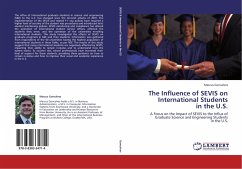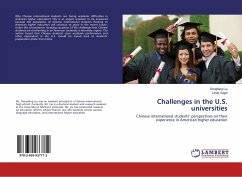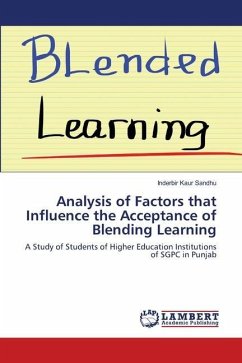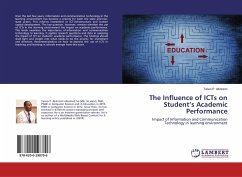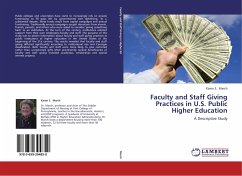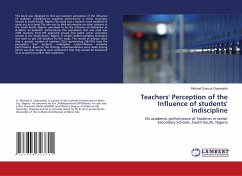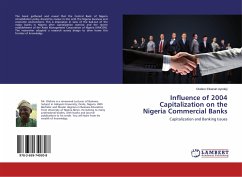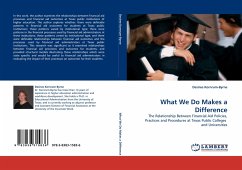The influx of international graduate students in science and engineering (S&E) to the U.S. has changed since the terrorist attacks of 2001. The implementation of the SEVIS and related F-1 visa policies have required a higher level of scrutiny of the student visa procedures and introduced strict student monitoring policies. SEVIS monitoring and compliance has altered the operation of international student service offices, affected the students they serve, and the operation of the universities enrolling international students. This study investigated the effects of SEVIS on graduate programs in S&E and their students. Information was gathered from respondents of the 60 universities having the highest population of international students in these fields, as per NSF. The results of this study suggest that many international students are negatively affected by SEVIS, impacting their ability to remain in-status and to understand how the system works. To counter this, school professionals have increased their level of support for these students, providing them guidance on how to remain in-status and how to improve their social and academic experience in the U.S.
Bitte wählen Sie Ihr Anliegen aus.
Rechnungen
Retourenschein anfordern
Bestellstatus
Storno

